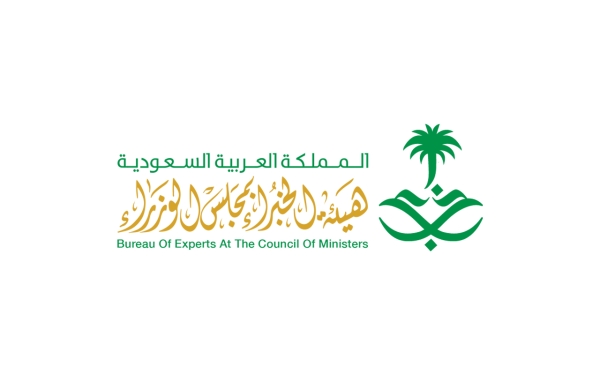

The Anti-Begging Law in the Kingdom of Saudi Arabia is a law that addresses the issue of begging in the Kingdom. It was issued on September 16, 2021, and consists of ten articles that define begging, outline the penalties imposed on beggars, and mandate the confiscation of the money obtained through begging.
The Anti-Begging Law is enforced by three authorized government entities: the Ministry of Human Resources and Social Development, which serves as the primary authority; the Ministry of Interior, responsible for apprehending beggars and handing them over to the relevant authorities; and the Public Prosecution, which conducts investigations and prosecutes cases before the competent court.
Beggar definition in the Anti-Begging Law
Article One of the Anti-Begging Law defines a beggar as someone who solicits others for money, either without compensation or with compensation not intended for the act itself, in cash or in kind, directly or indirectly, in public places, private establishments, or through modern technology and communication platforms, or by any other means. The article also defines a professional beggar as anyone who is caught practicing begging for the second time or more. Furthermore, Article One explains that post-care refers to the assistance and regular, official, or unofficial follow-up provided to beneficiaries as a complementary and supportive method for treatment and empowerment plans, aimed at correcting their behavior and integrating them into society.
Authority for apprehending beggars in the Anti-Begging Law
Article Two of the Anti-Begging Law prohibits all forms and manifestations of begging, regardless of the justification. The Ministry of Interior is tasked with apprehending beggars. According to Article Three of the law, professional beggars are referred to the competent authority responsible for investigating violations of the law in order to take the necessary legal actions against them.
Responsibility of the Ministry of Human Resources and Social Development in combating begging
According to Article Four of the Anti-Begging Law, the Ministry of Human Resources and Social Development is responsible for studying the social, health, psychological, and economic conditions of Saudi beggars. The Ministry provides social, health, psychological, and economic services to Saudi beggars based on each case's needs, in accordance with relevant laws and regulations. It also guides Saudi beggars to benefit from services offered by governmental, private, and charitable organizations, follows up with them through post-care, and establishes a database of beggars in collaboration with the Ministry of Interior. This database records every instance of begging for which someone is apprehended, as well as every case in which the ministry provides services, to document instances of professional begging. Additionally, the ministry works to raise awareness of the psychological, social, economic, and security risks of begging, conducts research, and organizes studies, seminars, and conferences related to combating begging.
Penalties under the Anti-Begging Law
The Anti-Begging Law imposes strict penalties on individuals who engage in professional begging, manage a network of beggars, or incite or assist others in begging by any means. The penalties include imprisonment for up to six months or a fine of up to SAR50,000 for individual beggars, or both. Those who manage beggars within an organized group that engages in professional begging face imprisonment for up to one year or a fine of up to SAR100,000, or both. In cases of repeat offenses, the penalties are doubled. If the offender is not a Saudi citizen, they are deported from the Kingdom and banned from returning, except for the purposes of performing Hajj or Umrah.
All cash and in-kind assets obtained by the beggar through begging are confiscated. If any of these assets cannot be seized, the competent court will impose a fine equivalent to their value.
If begging, in any of its forms or manifestations, constitutes a crime under other laws, the harsher penalty will be applied.
Related quizzes
Related articles

